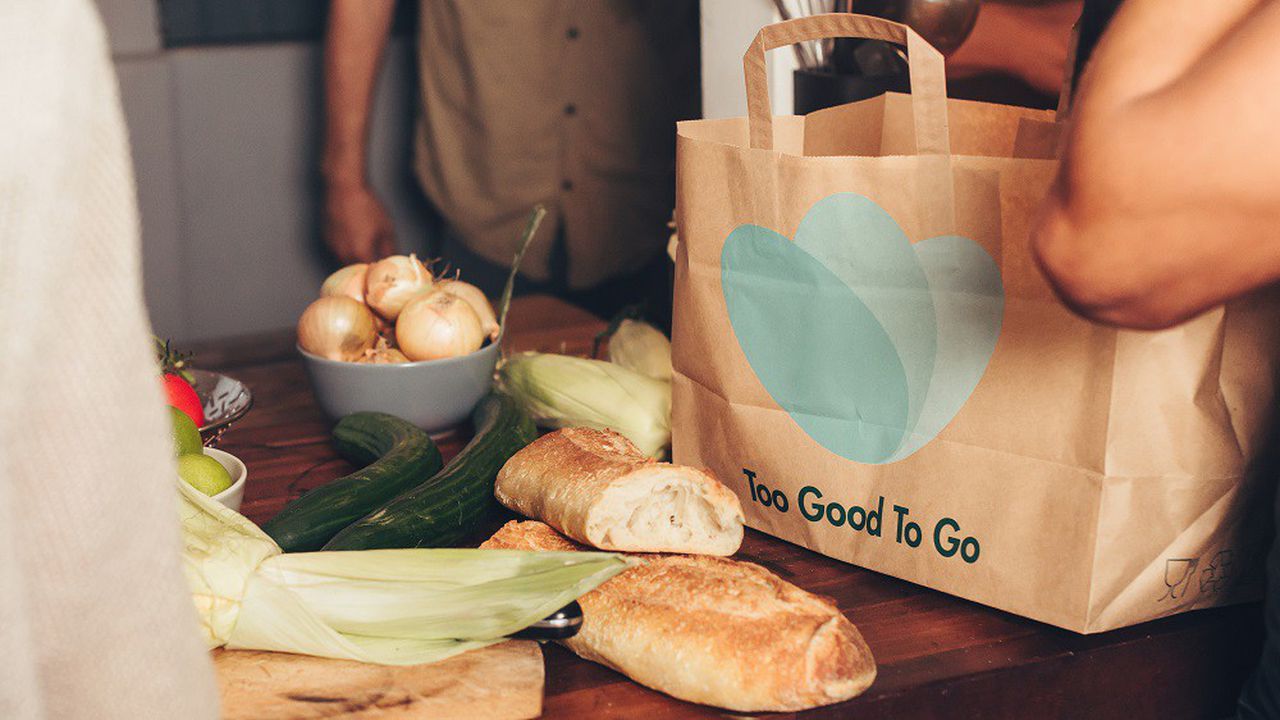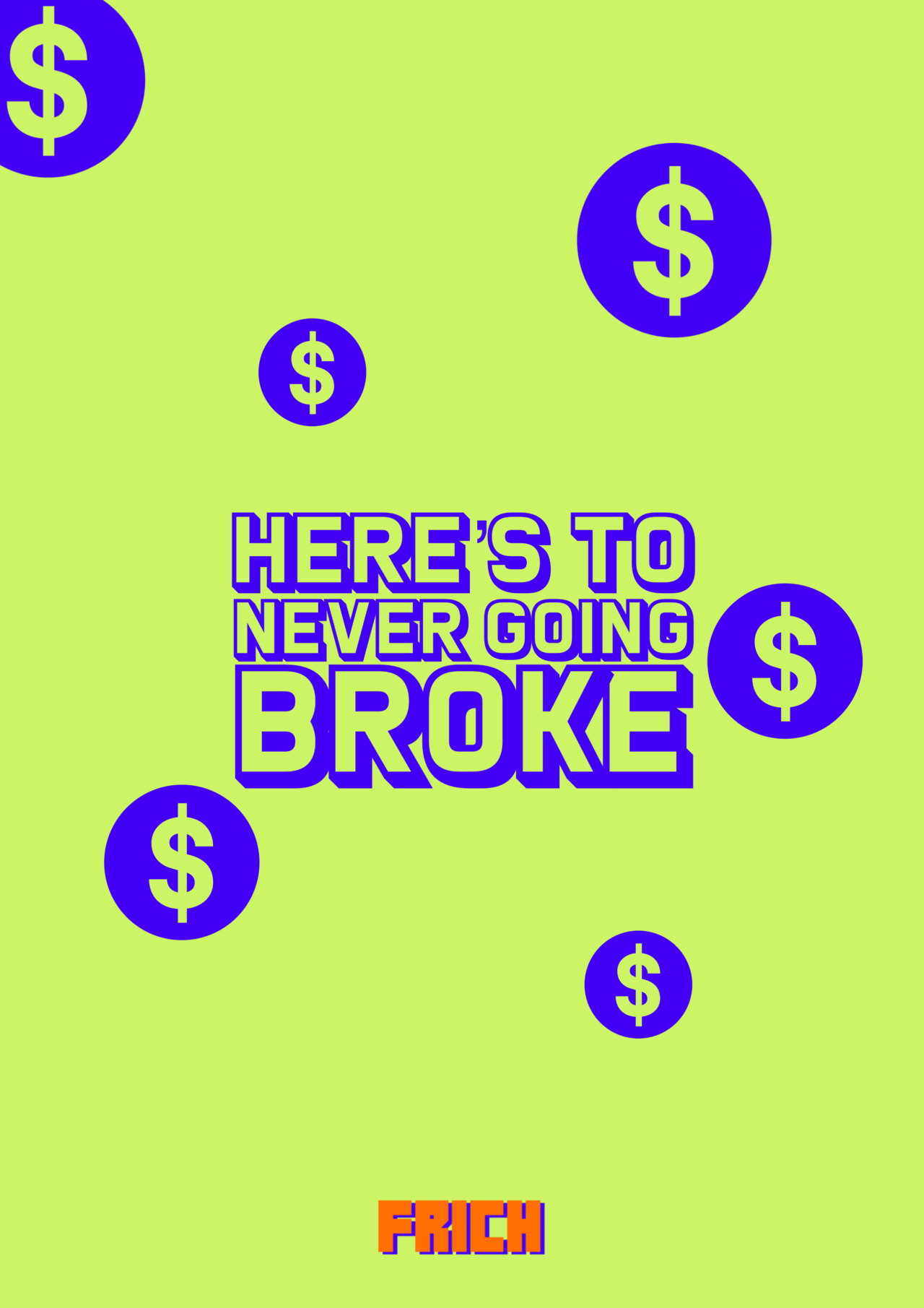
Are you moving to college and worried about your finances and managing your money on your own? Well, you have come to the right place. Learning to budget is a process that almost every college student has had to go through. Budgeting, to be honest, has never been fun. No one wants to sit for two hours in front of Excel doing calculations. Or restrict themselves, especially when moving into and discovering a new city. Yet I am here to try and make it fun. Or at least share some of the tips that have helped me not to overspend while still being able to enjoy the city to its fullest. Let’s dive in and learn about how to create a budget, how to optimize it, and the best budgeting apps you should be using right now!

How to Create Your Budget
Step 1: Calculate Your Earnings
Before creating a budget, it is important to have an honest conversation with the people involved in financing your education. These can be parents, guardians, partners, etc. Having this conversation before each school year starts can keep everyone in the loop and set clear expectations. Then, examine your pay stubs or set allowance to see how much you have each month. Include any side jobs or other passive income channels in this too. Do you still want to earn more? Consider taking an on-campus job to enhance these earnings. Our Wasserman Center for Career Development will help you with that in no time.
Step 2: Calculate Your Expenses
Next, make a list of likely expenses you will incur over the semester. These can be college related or not. Some of these include:
- School supplies and textbooks
- Transportation fees
- Discretionary spending for entertainment and social activities
- Groceries
- Clothing
- Payment of rent and utilities if you choose to live off campus
The amount obviously varies by person but having an estimate gives you a better chance at achieving your budget goal.
Step 3: Track and Analyze Your Spending
If you are spending more money than your income, then it’s time to make some serious modifications in order to meet your budgeting goals. This is the time to figure out what is best for you. In other words, get a grip on how much money is flowing in and out. You don’t need to spend two hours every week on Excel, don’t worry. But at least once a month have a check-in and evaluate how it’s going. Budgeting apps (which I will talk about later) make this check-in and monitoring process much easier. Did you spend too much? Or did you manage to break even? What did you spend the most on? This is a learning process that you will slowly start to get the hang of. Fortunately, in the next section, we will look into ways to reduce your spending to meet your budget.
Also, at this moment, is when you can start looking into savings. Through this monitoring process, you will get an idea on whether you are able to save. Combined with ways to reduce spending, you will be able to reach your saving goal rapidly.

How to Optimize Your Budget
Groceries
Food is one of the biggest culprits when it comes to your spending. Especially if you are choosing to stay in and cook rather than going out, those grocery bills can pile up pretty easily. Student pantries are a great way to stock up on a small batch of groceries for a very low price if not for free. The College Student Pantry at SAFH in NYC food pantry provides groceries for any college or graduate student who needs them, regardless of financial situation or institutional affiliation.
Another great option is using the Too Good to Go app. It was established as a way to tackle food waste worldwide, and it connects customers (i.e. you) with restaurants or supermarkets that have food surpluses. These food surpluses are then sold at a cheaper price instead of being thrown away. You reserve your bag on the app and go pick it up at the set time. In fact, the locations you pick up from are based around you and most bags are less than five dollars. Furthermore, they not only have groceries but also have your local restaurants, cafes, and bakeries. So why wouldn’t you use it? Also, it is an innovative way to start being sustainable as an individual since you are helping eliminate food waste. If you thought sustainability and budgeting don’t go together, wait till you read the next point.
Transportation
Consider walking, biking, or taking the subway instead of taking an Uber or taxi. As a first-year, you will be surprised as to how incredibly convenient New York’s subway system is and how walkable the city is too. Use this to your advantage, as it is the cheaper option and can decrease some of your spending. Plus, it is more sustainable!
Actually, use the NYU bus while you’re at it too. Tap your NYU ID and save yourself the subway fare. Get to your residence hall or even to the Brooklyn campus for free!
Social Life and Activities
Check out this article, written by one of my fellow ambassadors, on NYC activities on a student budget. If you are hoping to explore the city on a dime with friends, this is a must-read.

Budgeting Apps Designed for You
As mentioned before, budgeting and finance apps are an amazing way to make the monitoring process more manageable. You will get a big picture overview of your spending, which is much simpler than creating a spreadsheet on your own. Yet with so many apps out there, which ones should you choose as someone moving to college.
Personally, I use Frich, a new budgeting app specifically designed for Gen Z. In fact, it was founded at NYU by two female entrepreneurs. So if you want to support a fellow Violet, this is a way to do so. Frich is the first social finance app that enables Gen Z to develop mindful spending habits by setting goals together with friends and keeping each other accountable. The app offers a cool and quirky platform for you and your friends to track your spending and create both personal and shared saving challenges. Eventually, you can even get rewarded with cool gifts by simply sticking to your budget. If you win a challenge, you will be rewarded with a five dollar Amazon or Starbucks gift card, for example. Finally, budgeting is exciting!
Other good apps to use include: Mint, Pocket Guard, YNAB.
Budgeting can be easy when done right. Hopefully, my tips and tricks can alleviate some of the money stress that comes with moving out of your home. In no way is this list exhaustive. Just wait and see how you will find your own tips as you gain more experience with budgeting. In the meantime, I hope to see some of you at the student-budget-friendly places in the fall.



